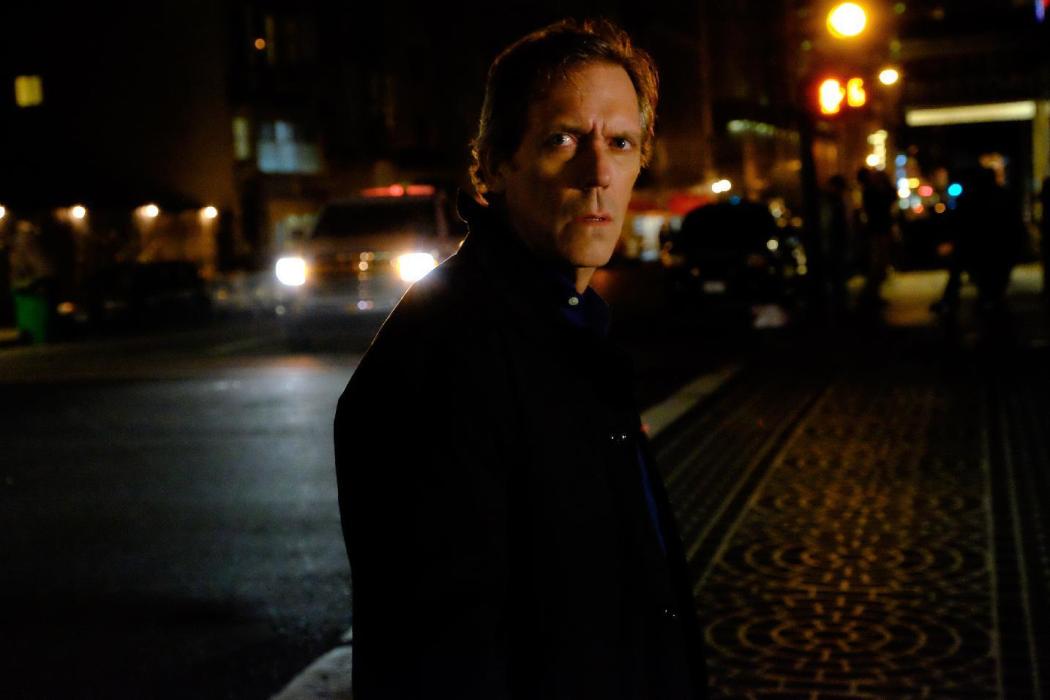TV Review: ‘Chance’

You would have to search far and wide to find a drama more glum and dismal than “Chance.” Hugh Laurie, who capably anchored “House” for so many years and who was delightfully duplicitous in AMC’s recent miniseries “The Night Manager,” cannot manage to lift this dull drama out of the array of ruts that it stubbornly wallows in.
Laurie plays Eldon Chance, a neuropsychiatrist whose practice puts him in touch with patients dealing with mental illness, traumatic brain injuries, or some combination of both. In the course of his work, the doctor, who is in the process of getting a divorce, comes across a woman whose problems awaken a misguided savior complex in him. Partly due to a need for money, partly in search of a connection that will lift him out of middle-aged anomie, he’s drawn down an increasingly violent and dangerous path, and his pursuit of a woman who may or may not be manipulating him threatens to further damage his already challenging existence. (To be clear, Chance’s challenges are of the upper-middle class variety: To pay for his divorce and other expenses, he mulls selling his expensive Art Deco desk.)
All of these ingredients make for a promising premise; more TV shows in search of twisty plots should rifle through “Double Indemnity” and other film noir classics. In its press notes, “Chance” is billed as a thriller, but for that designation to be accurate, it would be necessary for at least a few developments to be surprising. Unfortunately, the burned-out doctor is so naive and so laughably gullible that just about every choice feels pre-determined and every consequence can be seen coming a mile away. Add several scenes of clunky, overwritten dialogue and an underwritten female lead to an almost complete lack of suspense, and the end result is a cliche-ridden drama that is a painful chore to sit through.
Like “Low Winter Sun” and dozens of other derivative also-ran dramas about tortured men and the bad decisions they make, “Chance” appears to think that an almost uniform tone of dour disappointment is a credible substitute for layered characters, a varied yet unified range of emotional reactions and a well-executed plot that keeps viewers intrigued. No one is sad all the time; nor is it necessary to approach serious issues — such as mental illness and moral crises — only through a haze of self-pity and stress. It’s ironic that, at every turn, a drama named “Chance” comes off as deeply resistant to taking one.
Related stories
'Difficult People' Renewed for Season 3 at Hulu
30 Scariest Horror Movies Streaming in Time for Halloween
Get more from Variety and Variety411: Follow us on Twitter, Facebook, Newsletter
